December 2014 Review
TransConflict is pleased to present a selection of articles published during December.
| Suggested Reading | Conflict Background | GCCT |
1) Living with the Islamic State
Matthew Parish – Even if the Islamic State’s current modus operandi revolts us, the political logic to its existence remains firm. The West and the regional powers alike would now do best to encourage fixture of this new country’s borders, promote its openness to the rest of the world, and facilitate the rapid development of what is presently emergent barbarism. Read on…
2) Torture is also stupid
Gerard Gallucci – The revelations of CIA torture are the tip of an iceberg. The larger issue remains the apparent American inability to formulate a bipartisan approach to work multilaterally and through international institutions to begin addressing the instability and inequality characterizing this first half of the 21st Century. Read on…
3) Ancient discontent between Serbs and Albanians – why real and imagined stories matter today
Sidita Kushi – Balkan history is the telling and remembering of stories passed down through generations. Whether these stories are true or imagined, they are what construct Albanian and Serbian understandings of themselves, enemies, friends and modern-day resentments. Improved Serb-Albanian relations will only come about when both sides partake in honest dialogue over such historical narratives and encourage their respective populations to move forward regardless of them. Read on…
4) Vojislav Šešelj – time capsule
David B. Kanin – Seselj-watchers of all ages would be well-served to see in his contorted face the kind of mis-directed passion that kills countries, poisons communities, and leaves the kinds of scars that do not easily heal. The layered conflicts that have afflicted the Balkans since the 1870s still resonate—no matter the serial declarations by generations of local activists and international activists that the region has moved on. The bedrock truth is that there are as yet no final statuses in a shatter zone that remains dependent on the latest version of international oversight. Read on…
5) The spectre of nationalism in the modern Balkans
Matthew Parish – Although the history of the Western Balkans has a cyclical quality, one thing has changed. The region’s quarrelsome peoples have been separated politically, which means that many of the challenges of multi-ethnic democratic compromise cease being so acute. Hence the region may prove easier to govern without repression, and the branches of democracy may spread further, than in the communist, imperial or monarchical pasts. This may hold even if nationalism remains part of the popular consciousness of the region. Read on…
6) Israeli discourse about Palestinians – when media do not mediate
Moara Crivelente – The media has an important role to play in reducing violence, particularly if committed to peace, through a less simplistic or even propagandistic coverage. Analyzing coverage of the 2008-09 and other Israeli military operations against the Gaza Strip highlights the key arguments employed for defending the alleged necessity of war, or for the protection of so-called ‘national interests’. Read on…
7) Conflict transformation as a method for societal reconstruction in divided communities – antagonism, agonism, cooperation
Derya Yüksek – High-profile, consensus-centered solutions on the level of positions and interests, which do not involve society, fail to address the relational, organizational, and communicational patterns embedded in and changed by a conflict, as well as the altered images, confronting positions and discourses produced by those; thus, do not eradicate the latent dimensions of conflict. Conflict transformation is therefore a process of engaging with and transforming the relationships, interests, discourses and, if necessary, the constitution of society that supports the continuation of violent conflict. Read on…
8) The perils of outrage and inaction – Boko Haram and the Boy Who Cried Wolf
Dr. Ian Ralby – At this point, the international community and some key players in it run the risk of becoming like the boy who cried wolf. Cries of outrage and threats of action are losing their credibility. Will aggressive states or terrorist organizations even care the next time they hear a chorus of denunciations? Or has the international community cried wolf too many times already? Read on…
9) Two conflicts, one problem – finding new solutions to old wars
Kirthi Jayakumar – The involvement of women in rehabilitation after conflict has many advantages, foremost of which is the genuinely sustainable peace that follows. The role of women in peacebuilding is even more significant now than ever before – especially given the seemingly never-ending spiral of violence into which so many of the world’s conflicts are heading. Read on…
10) Afghanistan – striking the right balance
Nasir Chaudhry – It remains yet to be seen if the fragile and deeply sensitive house that the West has built will be able to withstand the pressures and strains of the US and NATO withdrawal, and if the Afghan National Army would rise to the challenge and not splinter away. Read on…
11) In praise of buffer states
Robin Edward Poulton – The United States and its NATO allies have long neglected an historical and geo-strategic truism: we need buffer states to avoid direct confrontation between regional powers. Buffer states keep armies apart and allow important countries to trade in peace. Read on…
12) Zimbabwe’s economic disintegration and its impact on women and children
Tendaishe Tlou – As we celebrate and commemorate sixteen days of activism against gender violence, it is important to note the effect turmoil in Zimbabwe is having on the most vulnerable groups – women and children. Read on…
13) Where are the EU’s women leaders in foreign affairs?
EPLO – Given that the EEAS supports women’s leadership in peace and security, the participation of women in peace processes as mediators, negotiators and civil society stakeholders, and women as change agents in conflicts, the absence of women from positions such as those of EU Special Representatives or Heads of CSDP missions raises the question of double standards. What legitimacy does the EU have to promote abroad a principle that it cannot apply at home? Read on…

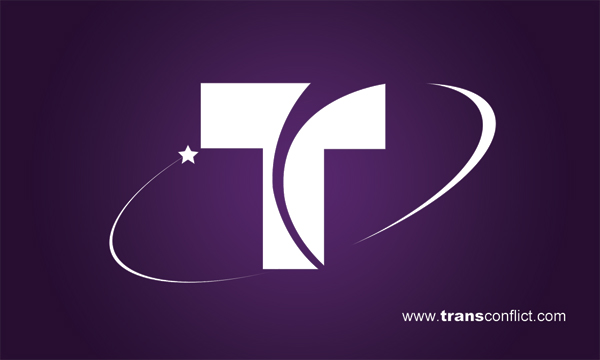


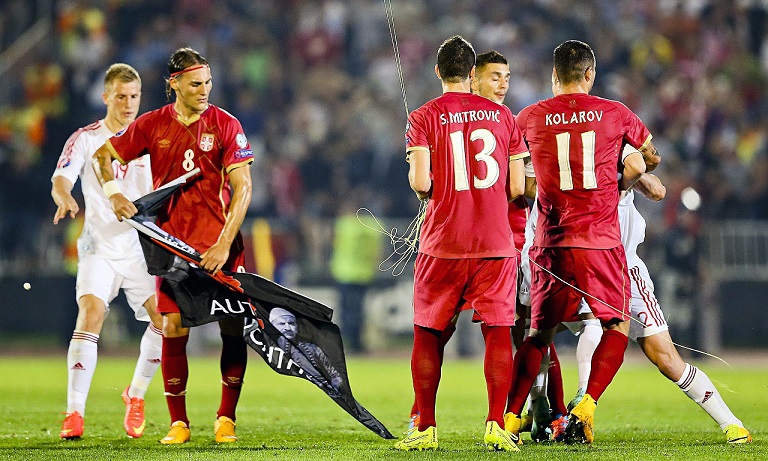
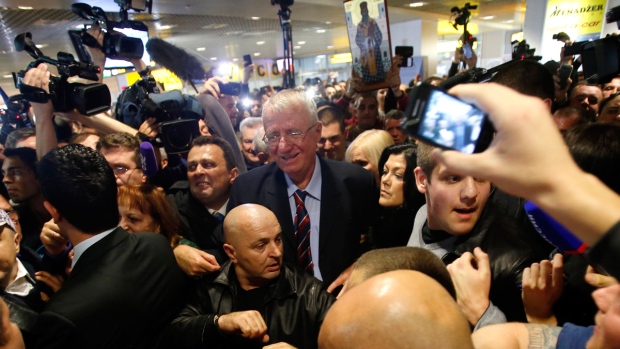

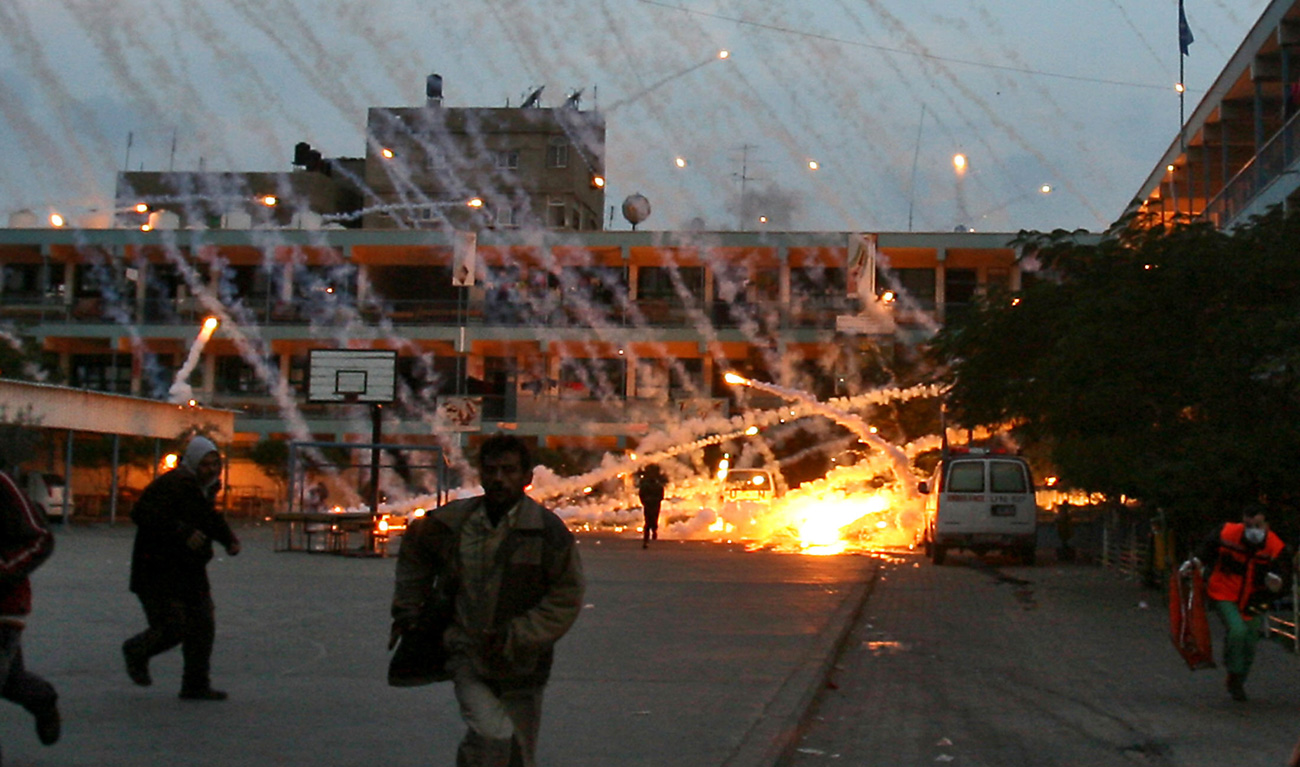
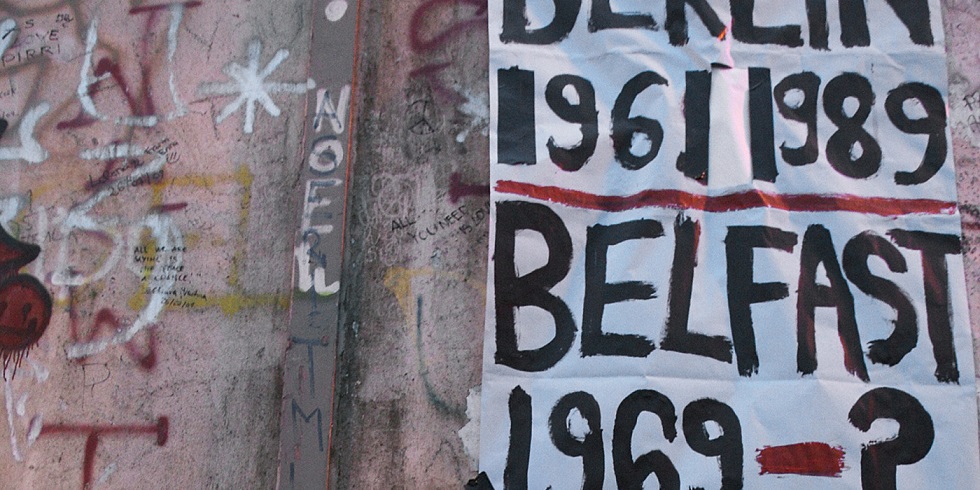

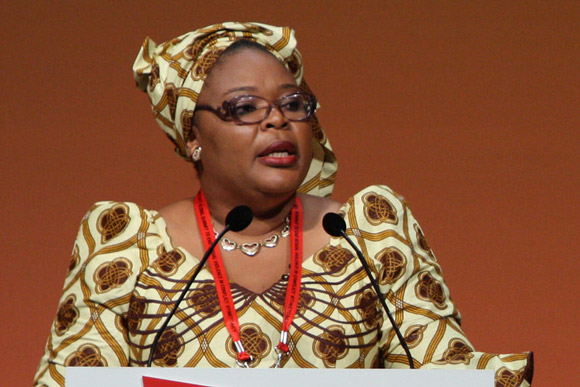

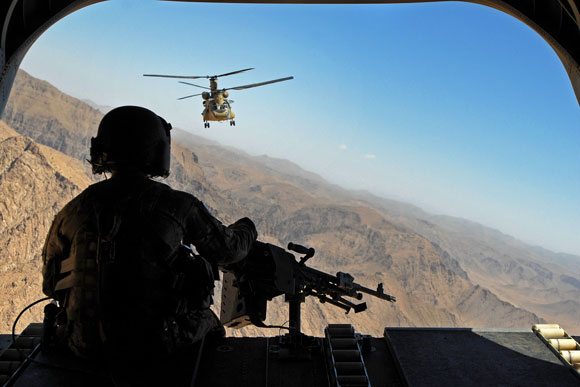




















December 2014 Review – TransConflict – http://t.co/XEzGbqOF2H
December 2014 Review http://t.co/TiLuROFKGF #Nonprofit
RT @mwardlow53: December 2014 Review – TransConflict – http://t.co/XEzGbqOF2H
RT @TransConflict: December 2014 Review: @TransConflict is pleased to present a selection of articles published… http://t.co/rmvr7wKKNM
RT @Aktivizmo: December 2014 Review http://t.co/TiLuROFKGF #Nonprofit
RT @TransConflict: December 2014 Review: @TransConflict is pleased to present a selection of articles published… http://t.co/rmvr7wKKNM
December 2014 Review – TransConflict – http://t.co/z9nOu3F2f3
RT @sdien: December 2014 Review – TransConflict – http://t.co/z9nOu3F2f3